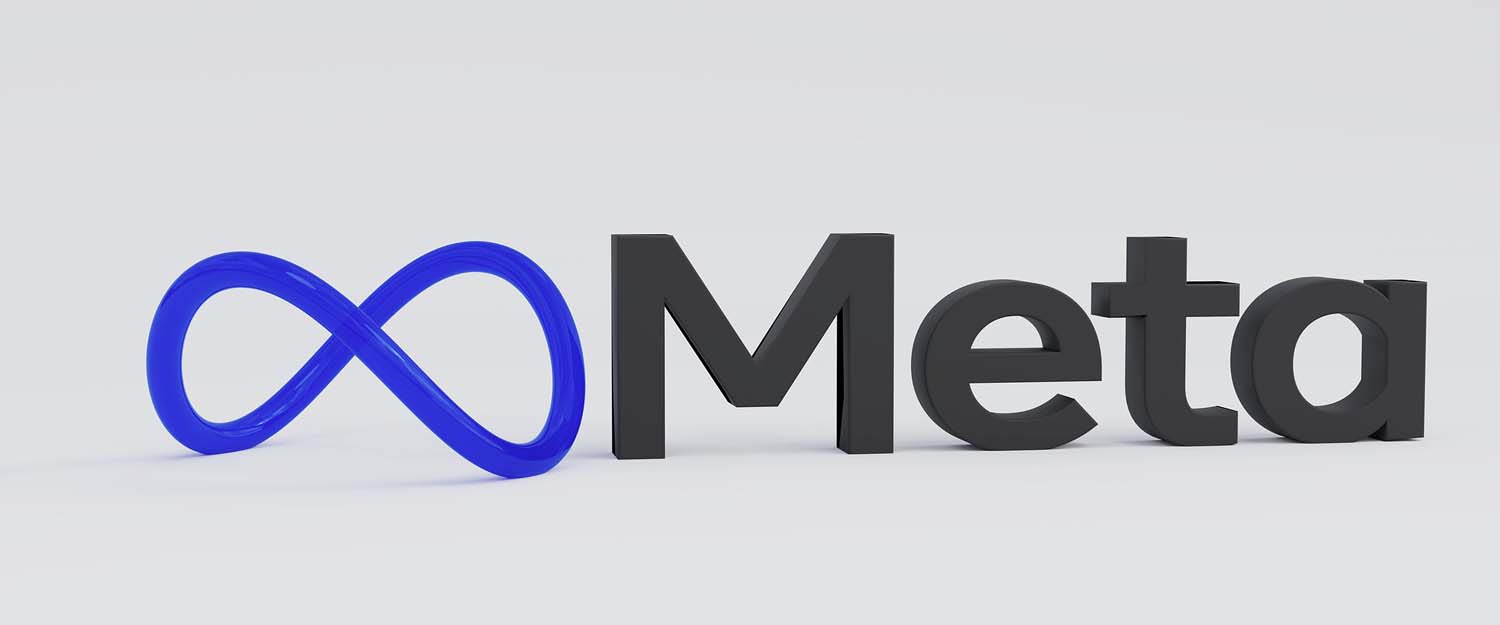
403
Sorry!!
Error! We're sorry, but the page you were looking for doesn't exist.
US judge rules Meta’s Instagram, WhatsApp acquisitions legal
(MENAFN) A US district judge in Washington has ruled that Meta Platforms, Facebook’s parent company, did not violate antitrust laws with its acquisitions of Instagram and WhatsApp over a decade ago, dealing a blow to the Federal Trade Commission (FTC).
“The Court ultimately concludes that the agency has not carried its burden: Meta holds no monopoly in the relevant market,” Judge James Boasberg wrote Tuesday. The FTC had sued Meta in 2020, arguing the purchases created a social media monopoly.
Meta welcomed the ruling, stating it “recognizes that Meta faces fierce competition.” The trial in April included testimony from CEO Mark Zuckerberg and former COO Sheryl Sandberg, who argued TikTok and YouTube had disrupted the social media market.
Judge Boasberg noted that the FTC had previously reviewed and approved Meta’s 2012 purchase of Instagram and 2014 acquisition of WhatsApp. While the agency claimed Meta overpaid—$1 billion for Instagram and $19 billion for WhatsApp—the judge emphasized a rapidly changing social media landscape, saying even if Meta had monopoly power in the past, “it continues to hold such power now” was not proven.
FTC director of Public Affairs Joe Simonson said the agency is “deeply disappointed” and reviewing options, including a potential appeal. Analysts noted that the decision could influence future antitrust cases against tech giants.
Meta avoided a possible break-up that could have spun off Instagram and WhatsApp. A Meta spokesperson said, “Our products are beneficial for people and businesses and exemplify American innovation and economic growth. We look forward to continuing to partner with the Administration and to invest in America.”
The ruling follows DOJ victories against Google in prior antitrust cases but contrasts with a recent decision not to force Google to spin off Chrome, signaling a shift in legal momentum, according to experts.
Legal scholars called the FTC case “always difficult” due to rapid market changes, though some noted Zuckerberg’s past statements suggested a desire to curb potential rivals.
Meta still faces other legal challenges. Zuckerberg and Instagram head Adam Mosseri have been ordered to testify in a trial regarding social media’s impact on young people, addressing claims that apps were designed to be addictive despite known mental health risks.
“The Court ultimately concludes that the agency has not carried its burden: Meta holds no monopoly in the relevant market,” Judge James Boasberg wrote Tuesday. The FTC had sued Meta in 2020, arguing the purchases created a social media monopoly.
Meta welcomed the ruling, stating it “recognizes that Meta faces fierce competition.” The trial in April included testimony from CEO Mark Zuckerberg and former COO Sheryl Sandberg, who argued TikTok and YouTube had disrupted the social media market.
Judge Boasberg noted that the FTC had previously reviewed and approved Meta’s 2012 purchase of Instagram and 2014 acquisition of WhatsApp. While the agency claimed Meta overpaid—$1 billion for Instagram and $19 billion for WhatsApp—the judge emphasized a rapidly changing social media landscape, saying even if Meta had monopoly power in the past, “it continues to hold such power now” was not proven.
FTC director of Public Affairs Joe Simonson said the agency is “deeply disappointed” and reviewing options, including a potential appeal. Analysts noted that the decision could influence future antitrust cases against tech giants.
Meta avoided a possible break-up that could have spun off Instagram and WhatsApp. A Meta spokesperson said, “Our products are beneficial for people and businesses and exemplify American innovation and economic growth. We look forward to continuing to partner with the Administration and to invest in America.”
The ruling follows DOJ victories against Google in prior antitrust cases but contrasts with a recent decision not to force Google to spin off Chrome, signaling a shift in legal momentum, according to experts.
Legal scholars called the FTC case “always difficult” due to rapid market changes, though some noted Zuckerberg’s past statements suggested a desire to curb potential rivals.
Meta still faces other legal challenges. Zuckerberg and Instagram head Adam Mosseri have been ordered to testify in a trial regarding social media’s impact on young people, addressing claims that apps were designed to be addictive despite known mental health risks.

Legal Disclaimer:
MENAFN provides the
information “as is” without warranty of any kind. We do not accept
any responsibility or liability for the accuracy, content, images,
videos, licenses, completeness, legality, or reliability of the information
contained in this article. If you have any complaints or copyright
issues related to this article, kindly contact the provider above.


















Comments
No comment